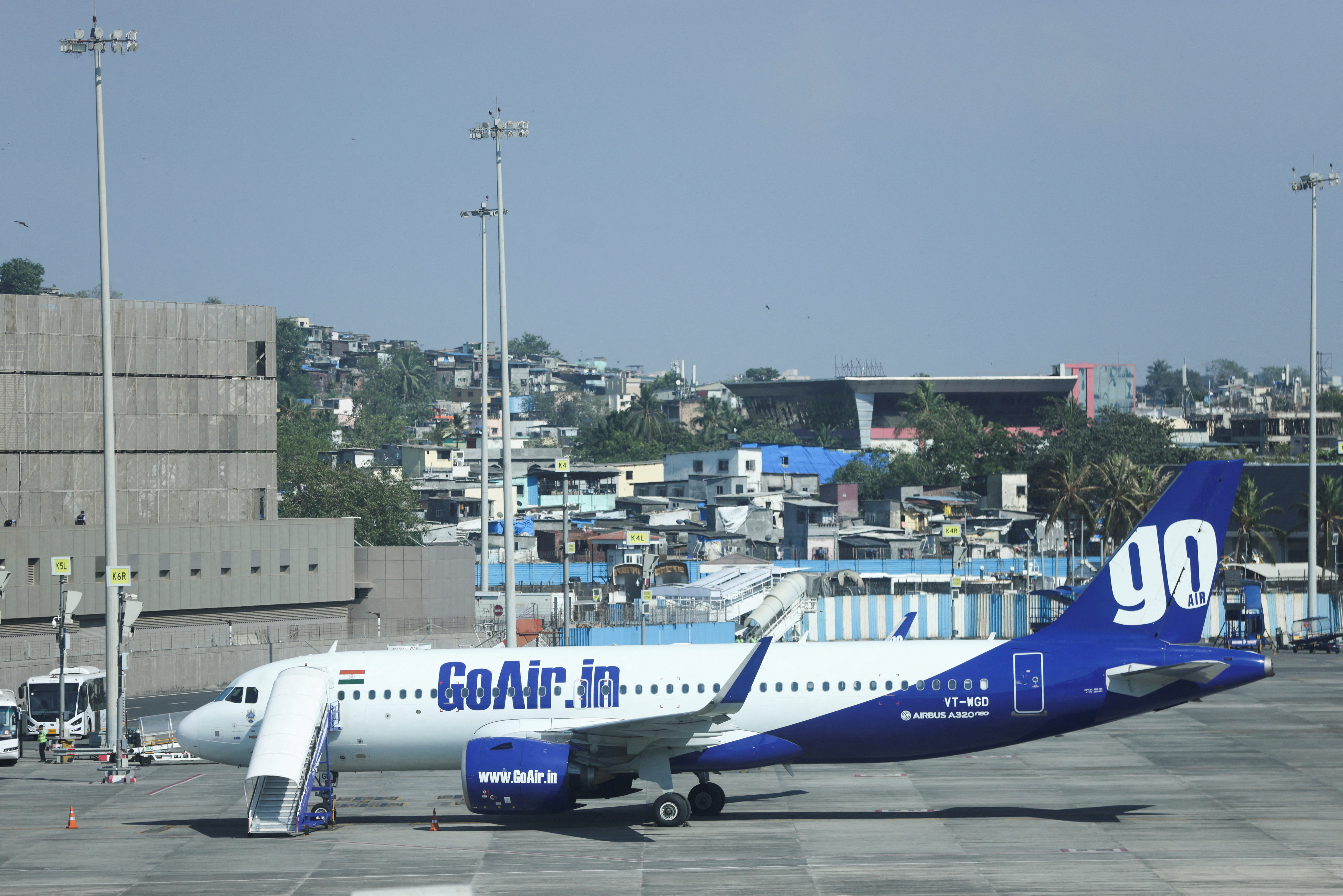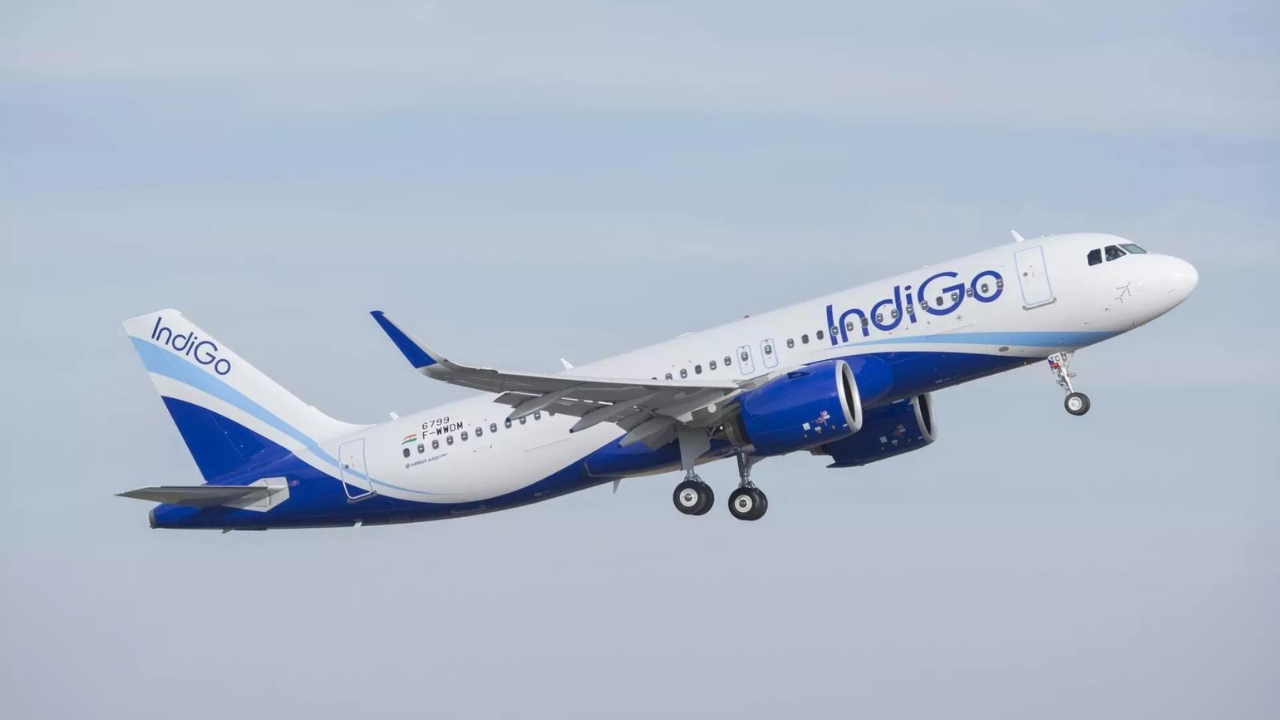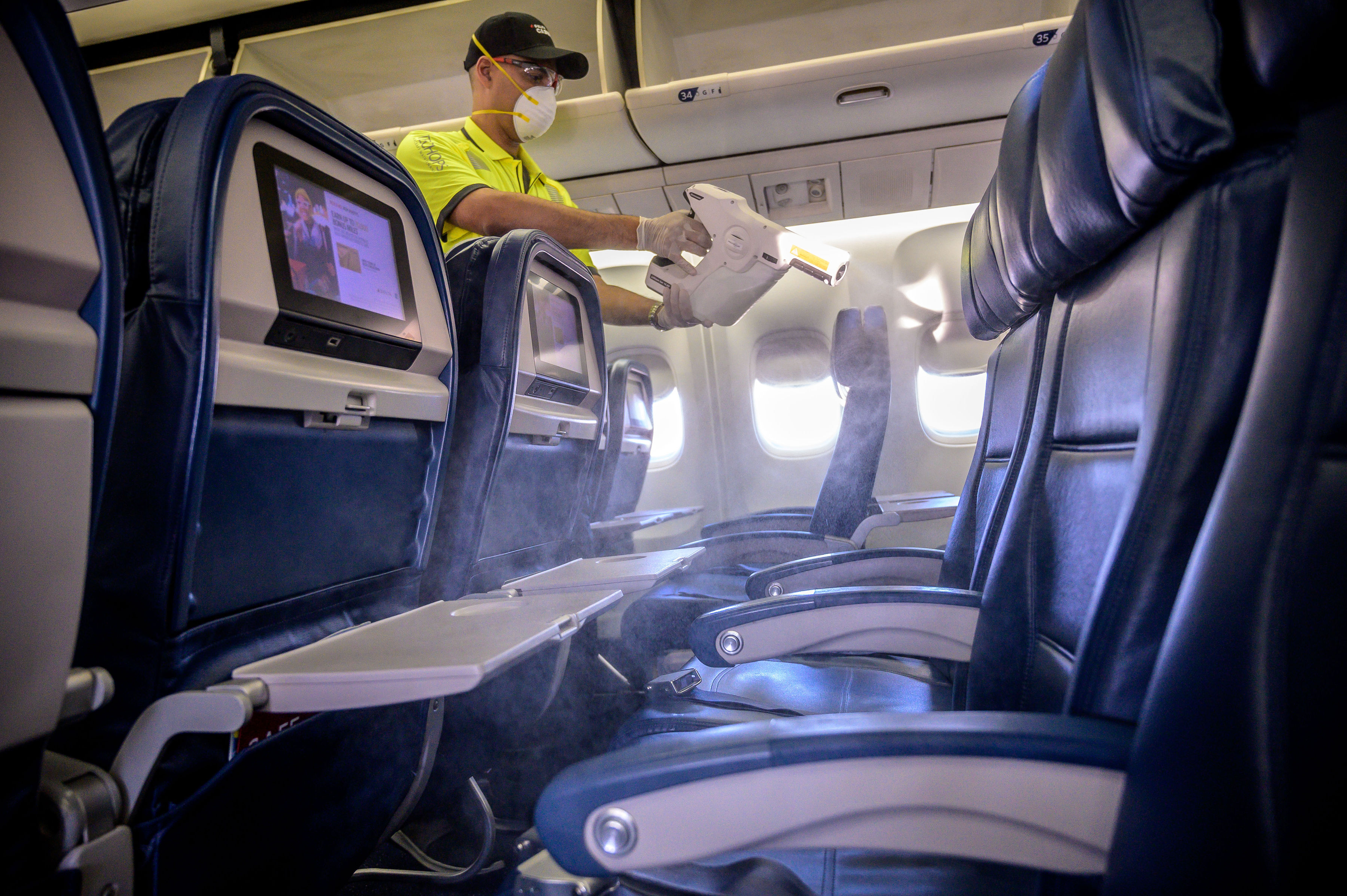Campbell Wilson’s strategy, as articulated in the interview, involves a phased approach to liberalization in the aviation sector. The emphasis is on first allowing local airlines to establish themselves, attain scale, and enhance their competitiveness before opening up the market to broader liberalization.
By containing the expansion of traffic rights for foreign carriers, the goal is to create a conducive environment for Indian airlines to grow and thrive. The rationale behind this approach is to prevent a situation where excessive capacity provided to foreign airlines might lead to a significant outflow of passengers on international routes.
Wilson’s concern about filling aircraft to destinations like North America underscores the challenge faced by Indian operators when there is a surplus of capacity available to foreign carriers. The phased strategy aims to address this issue by ensuring that Indian airlines can build their operations and gain a competitive edge before facing unrestricted competition on long-haul routes.
This approach aligns with the broader goal of nurturing a robust and self-sufficient aviation industry within India. Once local carriers have achieved a certain level of scale and competitiveness, the strategy suggests a more open and liberalized market, allowing for healthy competition while protecting the interests of domestic airlines.
The interview highlights the complexities and considerations involved in shaping aviation policies that balance the interests of both domestic and foreign players. Achieving the right equilibrium is crucial for fostering a dynamic and resilient aviation sector that contributes to India’s economic growth and connectivity.
Campbell Wilson emphasized the need to strike a delicate balance in aviation policies to foster the growth of homegrown airlines while also maintaining international connectivity. The CEO and Managing Director of Air India outlined a strategy that involves containing the expansion of foreign carriers’ flying rights in India. According to Wilson, this approach is designed to create an environment where local airlines can thrive, achieve scale, and enhance their competitiveness.
The rationale behind restricting the increase in bilateral arrangements with several countries is to prevent excessive capacity provided to foreign airlines from leading to a significant outflow of passengers on international routes. Wilson highlighted the challenges faced by Indian operators in filling aircraft to long-haul destinations like North America when there is a surplus of capacity available to foreign carriers.
In the interview, Wilson articulated a phased approach to liberalization in the aviation sector. The idea is to allow Indian airlines the opportunity to establish themselves and become competitive before opening up the market to broader liberalization. This strategy aims to support Indian aviation and businesses while ensuring that international connectivity benefits the domestic industry.
The CEO stressed the importance of nurturing the local market as a fundamental and beneficial step for the economy. By incubating the Indian aviation sector, the country can develop a robust and self-sufficient industry that contributes to economic growth. The strategy acknowledges the complexities involved in balancing the interests of domestic and foreign players in the aviation landscape.
Wilson’s perspective underscores the nuanced considerations in shaping aviation policies to foster a dynamic and resilient industry. The ultimate goal is to create an environment where Indian aviation can thrive, contribute to economic development, and seamlessly integrate with the global air travel network. The phased and balanced approach aims to achieve these objectives while navigating the intricacies of the aviation sector.
India has received numerous requests from countries like the UAE, Indonesia, Qatar, Singapore, Turkey, and Malaysia for additional bilateral air service agreements or flying rights. However, the Indian government has not yet considered any of these requests. The focus appears to be on reassessing and potentially updating bilateral arrangements with aviation hubs, as India has not revised these agreements since 2014.
Campbell Wilson, the CEO and Managing Director of Air India, emphasized the need to carefully manage the expansion of foreign carriers to ensure that the growth of Indian airlines is not hindered. The strategy involves containing the expansion of flying rights for foreign carriers in India. Wilson highlighted that some airports, especially in places like Dubai, have developed by catering to Indian passengers, potentially at the expense of Indian airlines.
According to Wilson, Dubai, in particular, is carrying a substantial portion of the traffic from India to other countries, which could have been served by Indian carriers. He mentioned that these foreign hubs should not seek additional rights for sixth freedom traffic. The sixth freedom traffic refers to the right to carry passengers between two foreign countries via the carrier’s home country.
The concerns raised by Wilson align with the broader strategy to prioritize the growth and competitiveness of Indian airlines. By reevaluating bilateral agreements and potentially curbing the expansion of foreign carriers, the government aims to create an environment where local carriers can flourish and establish a stronger presence in the international aviation market.
The approach underscores the government’s commitment to supporting the Indian aviation sector and fostering its development. It also reflects a keen awareness of the dynamics within the industry and the need to strike a balance that benefits both domestic and foreign players while ensuring the growth of Indian carriers is not unduly hampered.








